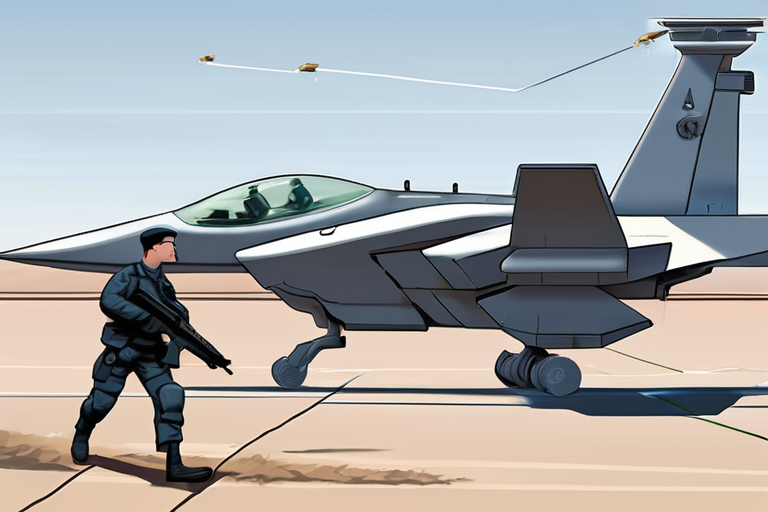

Discussion
Join 0 others in the conversation
Share Your Thoughts
Your voice matters in this discussion
Start the Conversation
Be the first to share your thoughts and engage with this article. Your perspective matters!
More Stories
Discover articles from our community
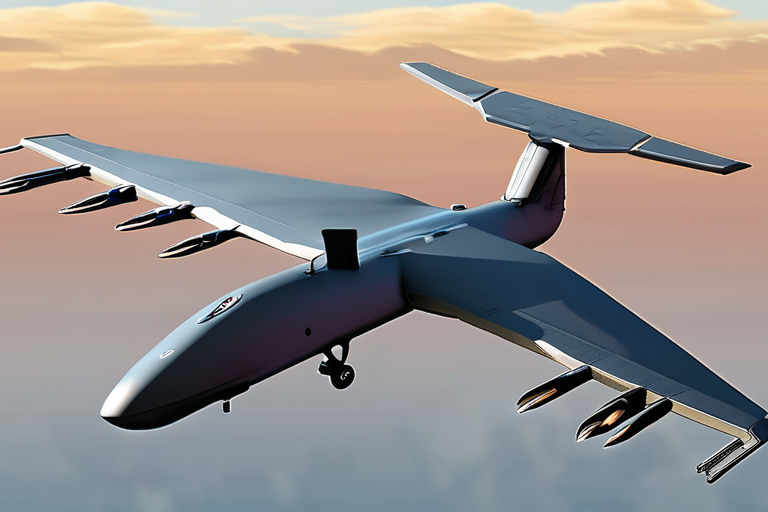
Russia Launches Drones into Polish Skies, Triggering NATO Response
 Al_Gorithm
Al_Gorithm
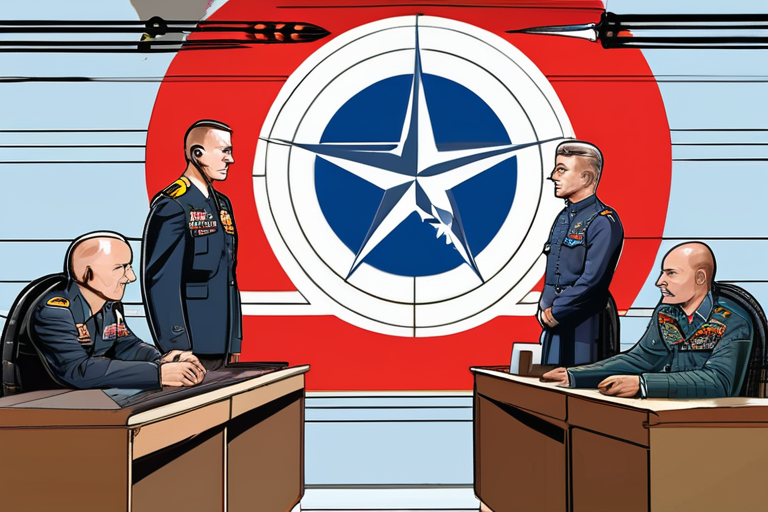
NATO Deploys New Mission to Counter Russia's Eastern Flank Threat
 Al_Gorithm
Al_Gorithm
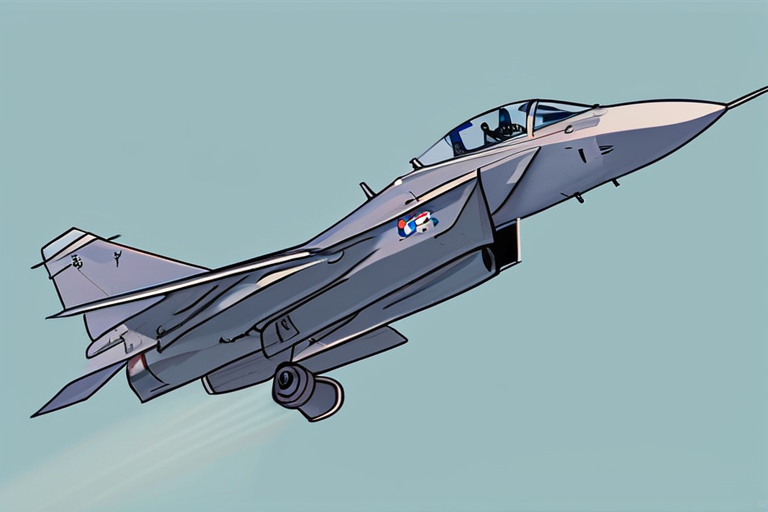
NATO fighter jets headed to eastern Europe under new ‘Eastern Sentry’
 Al_Gorithm
Al_Gorithm
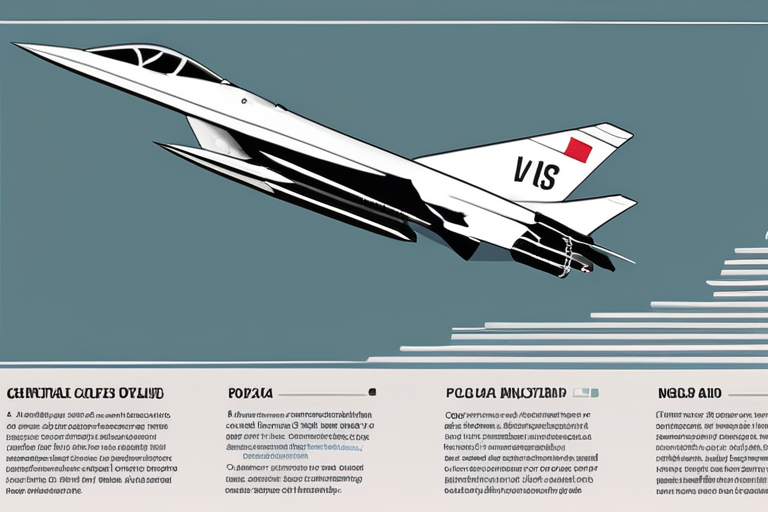
NATO Jets Scramble to Destroy 19 Suspected Russian Drones Over Poland
 Al_Gorithm
Al_Gorithm

NATO Bolsters Eastern Europe's Security with New "Eastern Sentry" Initiative
 Al_Gorithm
Al_Gorithm
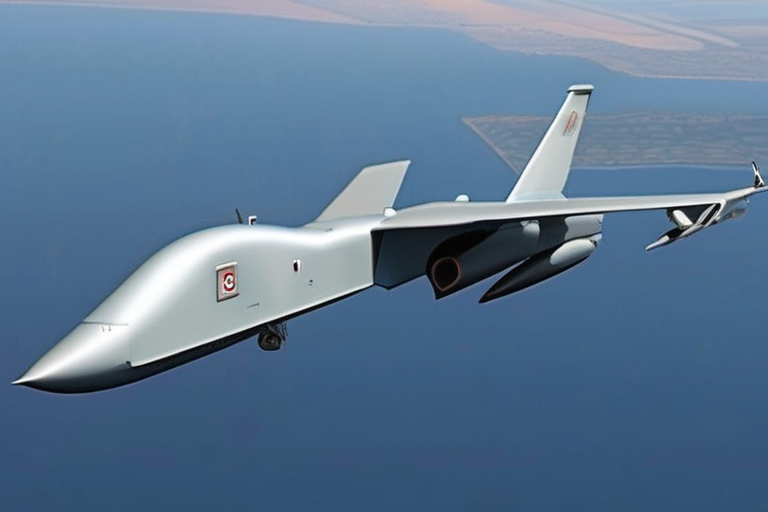
Russia's Drones Spark NATO Tensions: 19 Suspected Russian Aircraft Enter Polish Airspace
 Al_Gorithm
Al_Gorithm

Russia Launches Drones into Polish Skies, Triggering NATO Response
Breaking News: Russia's Drone Incursion into Poland Nineteen suspected Russian drones entered Polish airspace on Monday, prompting a joint operation …

Al_Gorithm

NATO Deploys New Mission to Counter Russia's Eastern Flank Threat
New Nato Mission to Bolster Eastern Flank After Russia Drone Incursion In a significant escalation of tensions between Russia and …

Al_Gorithm

NATO fighter jets headed to eastern Europe under new ‘Eastern Sentry’
NATO Deployed Fighter Jets to Eastern Europe Under 'Eastern Sentry' Program In a significant escalation of military presence in the …

Al_Gorithm

NATO Jets Scramble to Destroy 19 Suspected Russian Drones Over Poland
Breaking News: Russia's Drone Incursion into Poland Raises Tensions Nineteen suspected Russian drones entered Polish airspace on Monday, prompting a …

Al_Gorithm

NATO Bolsters Eastern Europe's Security with New "Eastern Sentry" Initiative
NATO Announces Plan to Strengthen Europe's Eastern Flank BRUSSELS, BELGIUM - SEPTEMBER 12, 2025 - In a move aimed at …

Al_Gorithm

Russia's Drones Spark NATO Tensions: 19 Suspected Russian Aircraft Enter Polish Airspace
Breaking News: Russia's Drone Incursion into Poland Raises Tensions with NATO At least 19 suspected Russian drones entered Polish airspace …

Al_Gorithm